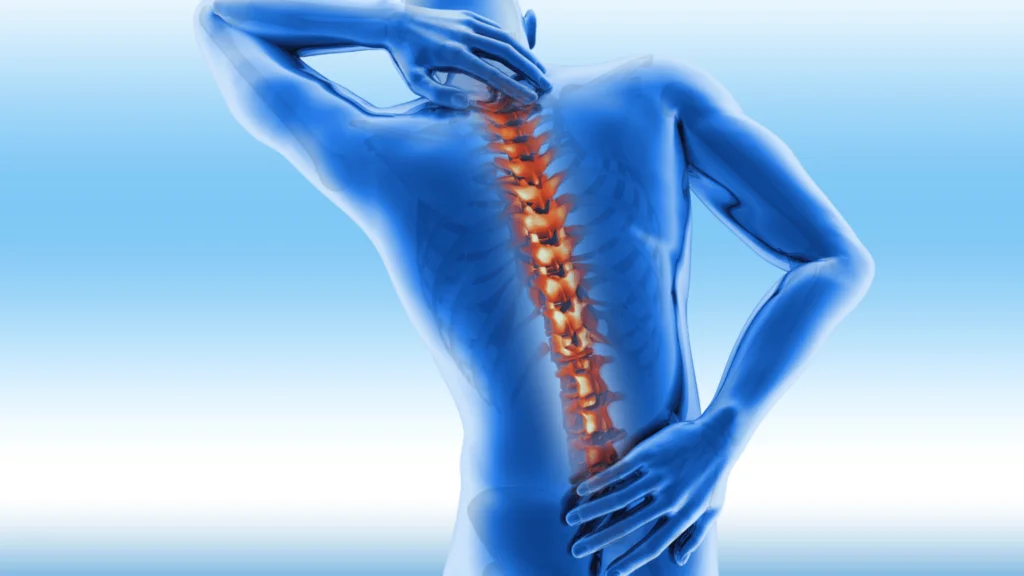What are Genetics of Pain?
Is it just one gene or a group? What is the typical behavior of a pain gene? There are many unresolved questions concerning genetics of pain. Science has developed enormously yet the answers we acquire never suffice. Each study leads to an unresolved question, which creates another uncertainty, and then the quest continues.
Everything and anything regarding a living cell has to do with genetics. Genetics is concerned with the transmission of certain characteristics or attributes from one generation to the next through the action of genes. Genetics is a universal language coded using 4 nucleotides: A, G, C, and T (Adenine, Guanine, Cytosine, and Thymine). The long stretch of the nucleotides forms a gene. All the traits which are exhibited by the organism are predetermined by genes.

If so, pain is also a characteristic trait of a living organism. There can be one or more genes responsible for pain. In turn, there are one or more genes that control such a sensation. Characteristics of a genetics of pain differ from person to person. Some are highly susceptible to the sensation while some aren’t. What causes such a variation is the individual makeup or variability in genetics.
Human pain is an untold suffering. Recent studies in the field of genetics had revealed that a simple change in DNA can cause variation in a pain gene, and these genes can cause variations in sensitivity and expression of pain. Painful experiences are the usual reasons for which patients search for medical care. There is strong evidence indicating that genes are critical in the determination of pain sensitivity. Pain is a dynamic and a complex trait governed by race, sex, lifestyle, and many more. The inter-individual differences in pain genes make it complex and tricky.
Researchers have emphasized the importance of genetics in pain. A complete understanding was obtained with the progress of GWAS (Genome-Wide Association Studies). GWAS studies indicate that chronic pain can be inherited by the next generation through genes.
There are many genes associated with pain namely OPRMI I, that provide information on creating a protein called the opioid receptor. Opioid receptors are responsible for regulating pain or any physical, sensory, behavioral, or cognitive discomfort. Opioid receptors being found in the peripheral membrane of neurons in the nervous system when linked to other neurons, exhibit chemical reactions within and around them, resulting in pain-relief management.
OPRMI I also helps in the production of beta-endorphins, therefore they directly act to subsidize suffering. SCN9A mutant is also known popularly as the ‘No pain gene, as mutations in the SCN9A gene result in insensitivity to pain. It’s an important gene that helps in the sodium channel, without which the channel is non-functional. So mutation in the SCN9A gene makes the individual insensitive toward pain.
But in many cases, pain is a boon which indicates that the body is subjected to distress or undergoing something unusual. In fact, pain itself is a disease symptom in many cases. Painful labor is associated with the influence of multiple genes that help in the perception and response of pain. Duration of labor is indirectly influenced by the activity of genes along with non-genetic factors like the size and positioning of the baby. There are several astounding facts that impact painful labor through genetics. Various techniques about how pain can be perceived and encountered in safe methods are devised, that actively enable mothers in delivering their babies with ease.





